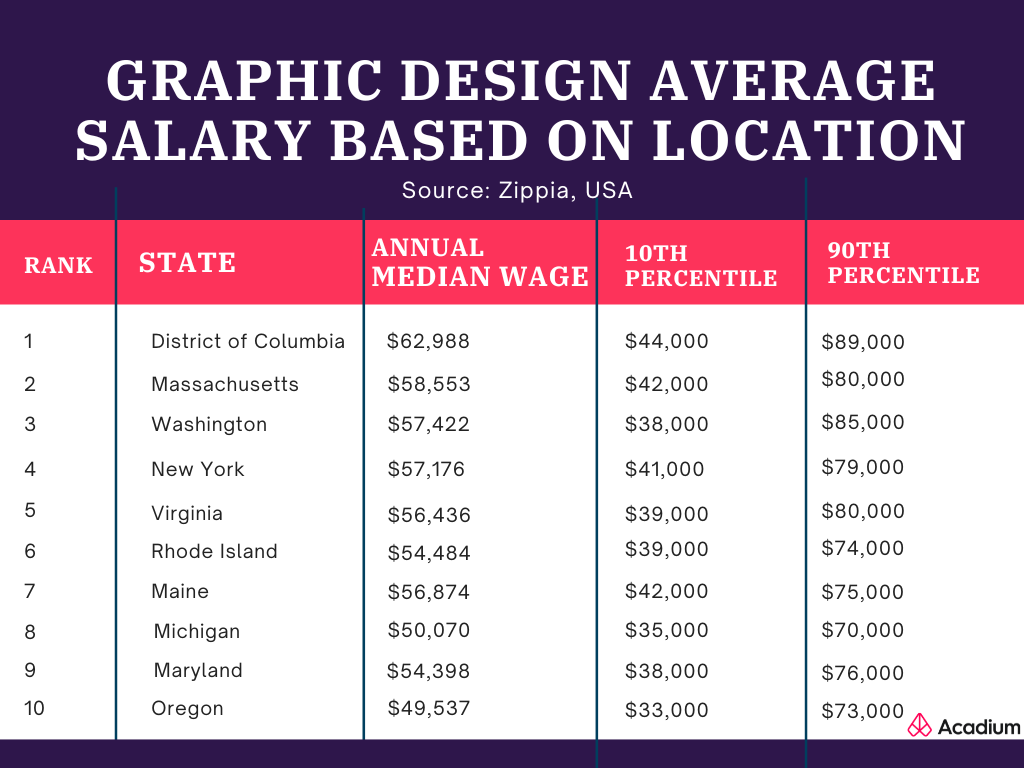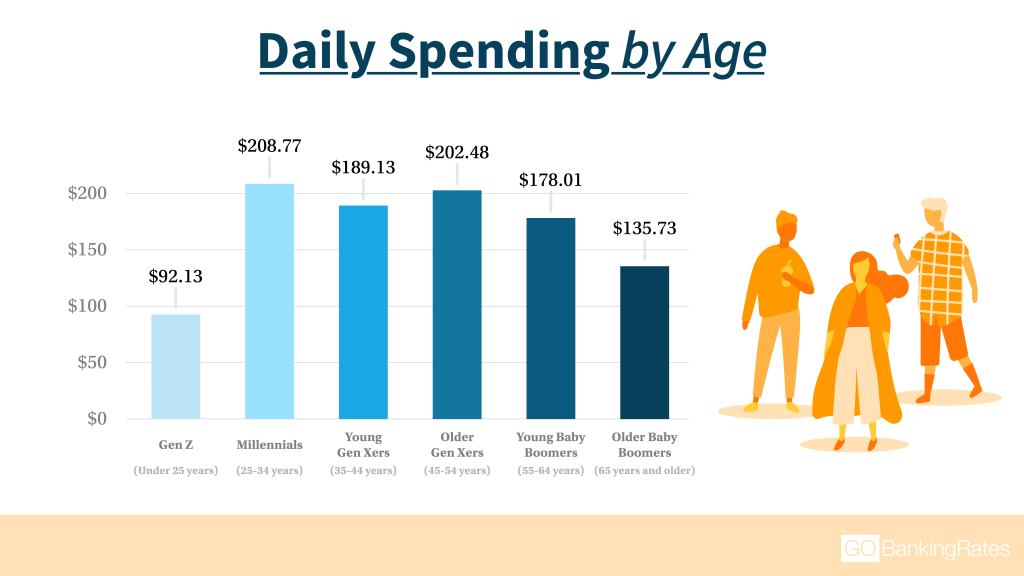How Much Does Someone Make Per Month? Your 2024-2025 Guide To Understanding Earnings
Figuring out how much someone makes each month can feel a bit like solving a puzzle, is that not so? Whether you're curious about your own earnings, perhaps looking at a new job, or just trying to get a better sense of typical incomes, this question comes up quite a lot. It's more than just a number; knowing your monthly income helps with so many personal finance decisions, you know, like planning for expenses or thinking about bigger purchases.
For many, this isn't just a simple calculation. There are different ways people get paid—hourly, weekly, or even an annual salary—and each one needs a slightly different approach to figure out that monthly figure. Plus, things like taxes and other deductions certainly change the final amount that actually lands in your bank account, which is important to consider.
This guide will walk you through how to understand and calculate monthly pay, look at some average figures, and explain what makes those numbers shift. We'll even touch on some handy tools that can make the whole process much easier, basically giving you a clearer picture of earnings.
- Mark Ruffalo Family
- Gary Oldman On The Fifth Element
- Keanu Reeves Korean Keyboard
- Jk Simmons Farmers Commercial
- Hugh Jackman From New York With Love
Table of Contents
- Understanding Monthly Income: Gross vs. Net
- How to Figure Out Your Monthly Pay
- Average Monthly Earnings in the United States
- What Shapes Your Monthly Income?
- Real-World Examples of Monthly Earnings
- Why Knowing Your Monthly Pay Matters
- Frequently Asked Questions About Monthly Pay
Understanding Monthly Income: Gross vs. Net
When people ask, "How much does someone make per month?" they might be thinking about a couple of different things, you know? There's what you earn before anything is taken out, which is called your gross monthly income. This is the total amount your employer pays you for your work, apparently.
Then there's your net monthly income. This is the money you actually get to take home after all the deductions. Things like federal taxes, state taxes, social security, and health insurance premiums are often taken out of your gross pay. Our salary calculator, for instance, helps you find out your net pay and how much tax you owe based on your gross income, which is pretty handy.
It's important to keep these two figures separate in your mind. While a job offer might sound great with a high gross annual salary, the net monthly amount is what truly affects your day-to-day spending and budgeting, so it's really the one that counts for your personal finances.
- Robert Downey Jr Young
- Tommy Lee Jones And Wesley Snipes Movie
- Jeff Bridges The Dude
- Gary Oldman Dreadlocks Movie
- Robert Downey Jr Haircut
How to Figure Out Your Monthly Pay
Calculating your monthly pay can be done in a few ways, depending on how you get paid. Our monthly income calculator, for example, is a tool that helps you determine how much you earn per month given your hourly, daily, weekly, or even annual salary, which is very useful. It takes the guesswork out of it, more or less.
Using a Monthly Income Calculator
A monthly income calculator is a pretty straightforward tool. You simply input your wage—whether it's an hourly rate, a daily rate, or an annual salary—and it converts it for you. This tool helps employees and employers determine net pay after deductions, too. It's designed to make the calculation quick and easy, which is nice.
For instance, if you're offered a job with an annual salary of $60,000, our yearly salary to monthly calculator is a handy tool that helps convert that annual income into monthly earnings. These calculators often account for things like vacation days and holidays, giving you a more adjusted figure, apparently.
The Simple Formula for Monthly Pay
If you prefer to do the math yourself, the basic formula is quite simple. To convert an annual salary to a monthly figure, you just divide the annual salary by 12. So, for an annual salary of $60,000, your gross monthly pay would be $60,000 divided by 12, which is $5,000. This is a very basic way to look at it.
For hourly pay, it's a bit different. You'd typically multiply your hourly rate by the number of hours you work per week, then by 52 (weeks in a year), and then divide that by 12. For example, if you make $20 an hour and work 40 hours a week, that's $800 a week. Multiply that by 52 weeks to get $41,600 annually, and then divide by 12 to get about $3,466.67 per month, roughly. Our free hourly to salary calculator quickly converts your hourly wage to annual income and then monthly earnings, including overtime and paid time off, which is pretty comprehensive.
Average Monthly Earnings in the United States
So, how much does someone make per month on average in the US? This is a question many people have. According to the latest figures by the Bureau of Labor and Statistics, the average salary in the USA per month is $5,677, or $68,124 per year, as of 2023. This gives you a general idea, you know.
More recently, average salary per month is approximately $5,000, reflecting updated data from 2024. The average salary in the US per month has consistently risen, which is a good trend for many people, basically. It's worth remembering that these are averages, and individual experiences can vary quite a bit.
As of 2023, the gross minimum salary in the US is also a factor, setting a floor for earnings. Within the United States, employees must be paid no less than the minimum wage as specified by the federal and the local governments, which is an important protection. Starting July 2009, the U.S. federal minimum wage was set, and it's a standard many adhere to, obviously.
What Shapes Your Monthly Income?
Many things can affect how much someone makes per month. It's not just a single factor; rather, it's a combination of different elements that come together to determine your pay. Understanding these can help you see why some people earn more or less, you know.
Job Role and Industry
The type of job you have plays a very big role in your monthly earnings. Some industries, like technology or healthcare, tend to offer higher salaries than others, for instance. A software engineer will likely earn more per month than someone in a retail position, just by the nature of the work and the demand for those skills, which is kind of obvious.
Our salary calculator lets you check your salary by entering your job title and city. The result is based on the salaries and hourly rates reported by people with similar jobs in your city, so it's quite specific. This data helps you see what's typical for your particular role, pretty much.
Location and Living Wage
Where you live can also significantly impact your monthly income. Cities with a higher cost of living often have higher wages to match, though the purchasing power might not always be greater. For example, a salary in New York City might seem high, but the expenses there are also much higher, you know?
You can explore the living wage in your county, metro area, or state for different family types. This data was last updated on February 10, 2025, which means it's pretty current. It helps you understand what a reasonable income looks like in a specific area to cover basic needs, which is useful for planning, apparently.
Experience and Skills
The more experience you have in a particular field, and the more specialized skills you possess, the more you can typically command in terms of monthly pay. A seasoned professional with years of experience usually earns more than someone just starting out, which makes sense. Continuous learning and skill development can lead to higher earning potential, too.
Certifications, advanced degrees, or unique abilities can make you more valuable to employers, leading to better compensation. It's all about what you bring to the table, in a way.
Overtime and Paid Time Off
For hourly workers, overtime hours can significantly boost monthly earnings. Working more than the standard 40 hours a week often means getting paid at a higher rate, like time and a half, which really adds up. This can make a big difference in the total amount you see in your paycheck each month, you know.
Conversely, things like vacation days and holidays can sometimes affect the unadjusted figures of monthly income, as mentioned in our resources. However, adjusted figures often account for these, giving a more consistent view of your regular monthly pay. Our calculators can often factor in these details, which is quite helpful.
Real-World Examples of Monthly Earnings
To give you a clearer picture, let's look at some real-world examples of what people might make per month. These figures can vary wildly depending on the job, location, and individual circumstances, of course, but they help put things into perspective, you know.
For instance, translating an annual salary of $50,000 into a monthly gross figure involves understanding pay frequency and potential variations in earnings. That would typically be around $4,166.67 per month before deductions, which is a common income level for many roles.
Then there are figures for specific individuals. Curious about how much CaseOh makes per month? As of 2025, it's estimated that CaseOh earns between $120,000 and $150,000 monthly. This is a very high figure, reflecting a unique career path, like content creation or entertainment, where earnings can be quite substantial and fluctuate, apparently.
| Name | Estimated Monthly Earnings (as of 2025) |
|---|---|
| CaseOh | $120,000 - $150,000 |
These examples show the wide range of monthly incomes possible, from average salaries to very high earnings depending on the field and individual success, so it's quite a spectrum.
Why Knowing Your Monthly Pay Matters
Having a clear idea of your monthly income is really important for so many aspects of your financial life. It's not just about curiosity; it's about practical planning, you know. For one, it's the foundation for creating a personal budget. When you know exactly how much money is coming in each month, you can then plan how to allocate it for expenses, savings, and even fun things, which is pretty fundamental.
It also helps with bigger financial decisions. For example, if you're thinking about buying a house, knowing your monthly income is absolutely crucial. You can discover how much house you can afford based on your income, and calculate your monthly payments to determine your price range and home loan options, which is a very big step for many. Lenders will always look at your monthly income to assess your ability to repay a loan, too.
Furthermore, understanding your monthly earnings helps you assess job offers more effectively. You can compare different opportunities not just by their annual salary but by what they mean for your actual monthly cash flow, which is often more tangible. It also helps you understand your financial security and plan for future goals, like retirement or a big purchase, so it's really about being prepared. Learn more about monthly income calculation on our site, and also explore our salary insights page for more detailed information.
Frequently Asked Questions About Monthly Pay
Q1: How is monthly pay calculated from an hourly wage?
To figure out monthly pay from an hourly wage, you typically multiply your hourly rate by the number of hours you work per week. Then, you multiply that weekly amount by 52 (the number of weeks in a year) to get your annual gross income. Finally, you divide that annual figure by 12 to get your average gross monthly pay, you know. Our hourly pay to annual salary calculator can help with this, too.
Q2: What is the average monthly salary in the US currently?
As of updated data from 2024, the average salary per month in the US is approximately $5,000. It's worth remembering that this is an average, and actual earnings can vary quite a bit based on factors like job type, location, and experience, which is pretty common. For instance, according to 2023 figures, the average was slightly higher at $5,677.
Q3: Do vacation days and holidays affect my monthly pay calculation?
Yes, they can affect the unadjusted figures for monthly income, especially if you are paid hourly or if your pay structure changes based on days worked. However, many monthly income calculators and payroll systems provide adjusted figures that account for vacation days and holidays, giving you a more consistent view of your regular monthly earnings, which is very helpful for budgeting. Some calculations, for example, already factor in paid time off.
- Cillian Murphy Plane Movie
- Christian Bale Physique Batman
- Matthew Mcconaughey Dragon Movie
- Cillian Murphy Jack Rippner
- Matthew Mcconaughey Alright Alright Alright Movie

How Much Do Fashion Designers Make A Month at Jerome Siegle blog

Here’s How Much the Average American Spends in a Day — How Do You

How Much Rent Can I Afford? | RentHop